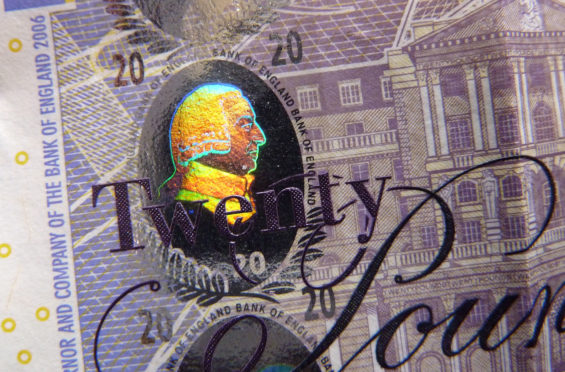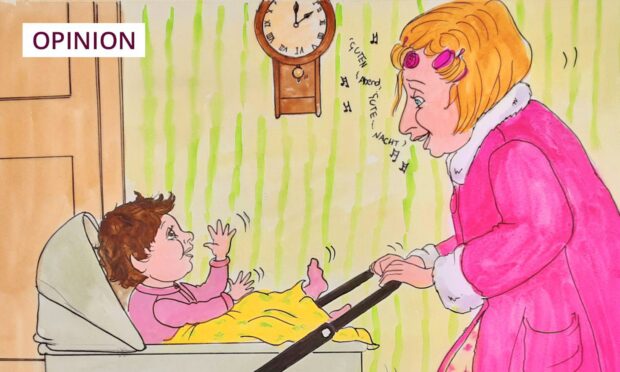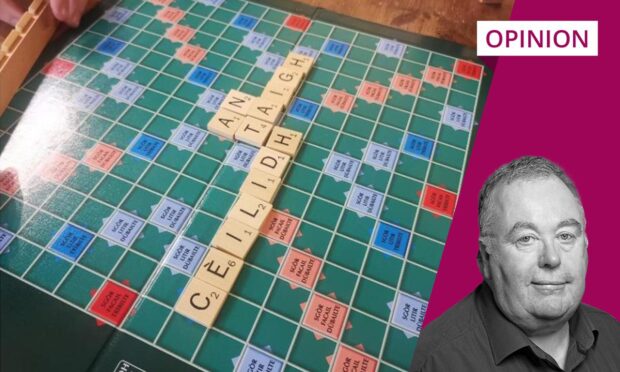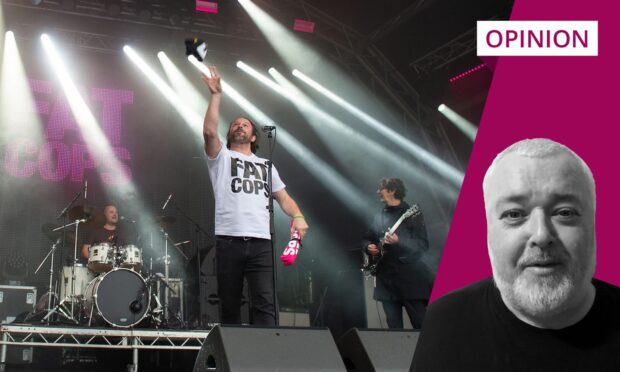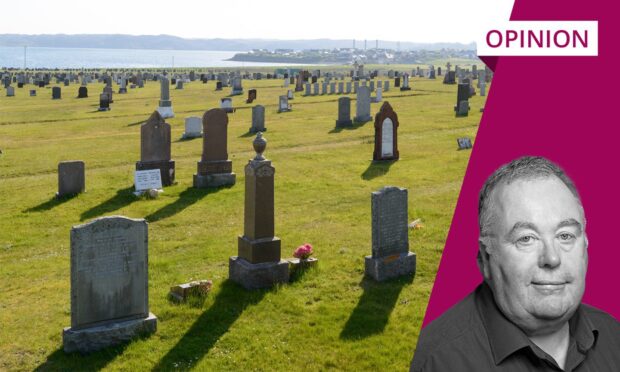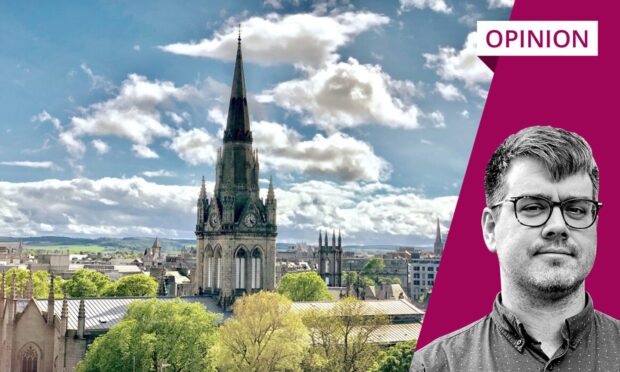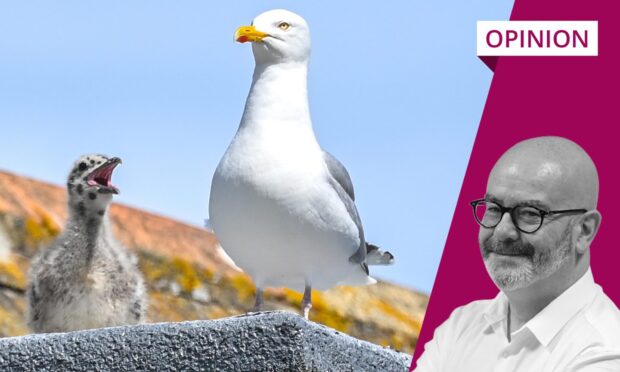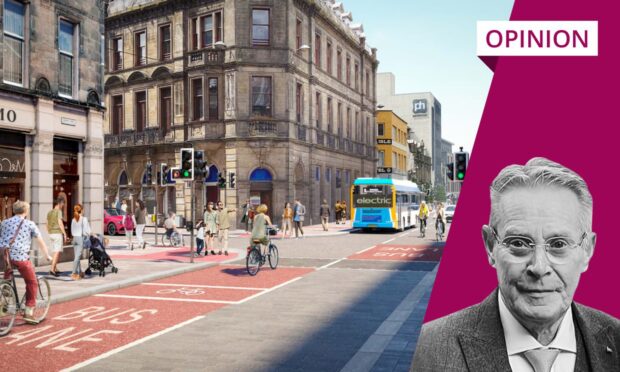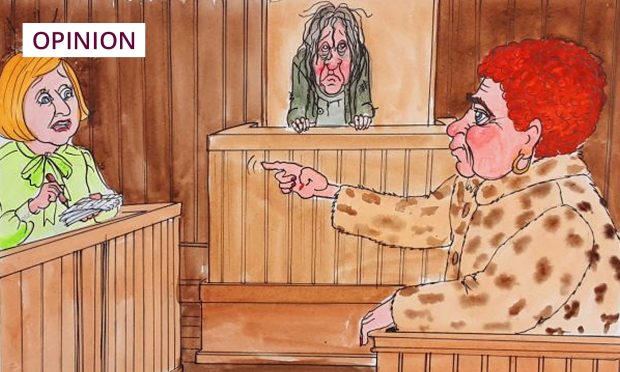One of the joys of being a parent is the chance to help your children grow, and to encourage them to have confidence to take an approach to life that fosters engagement, develops understanding, engenders tolerance whilst creating a thirst for learning.
The scale and rate of all the above is down to the individuals, but for me it is a great place to start.
My youngest daughter is currently studying for her exams which includes economics. And I am delighted. For me, economics is all about being future-gazing, context, risk and providing opportunity for transformation.
Today economic ‘experts’ appear to be very staid, ‘safe’ and living in a transactional world; continuous review and analysis of what has been, and very little of the visionary and transformational work that was so much in the mind of the earliest economists. Indeed, Adam Smith was primarily a philosopher, he wasn’t necessarily interested in what had happened, but rather what needed to be shaped for the future.
And never more than now do we need economists with flair, agility, commitment and vision – at present we are careering towards a near perfect global economic storm.
For me most politicians neither recognise it nor wish to acknowledge it. And one of the key issues is populism.
In the 1970s politicians used to actively manipulate interest rates as a vehicle to win votes; the centralising of monetary policy, and in the case of the UK through the Bank of England, has brought an independence and consequential stability. But we have seen in the ongoing lambasting of Mark Carney, what can happen when the Governor’s narrative no longer supports the populist view.
The USA is starting to approach the end of its longest ever economic expansion, borrowing costs are on the rise and debt is once more building – almost as though the lessons of 2007 have been lost.
And because debt is dollar-dominated, as interests rates rise (and they have been steadily in the USA since 2018) developing countries start to default on balance of trade payments and intergovernmental loans. More worrying is that global debt is somewhere between 217 and 270% of global GDP; at the lower figure it is still 20% higher than in 2007.
Coming closer to home, Brexit is not over yet. Although the economy has held up better than was generally expected having made the decision to leave the EU in 2016 (GDP continues to grow and employment is at a record high) no one knows for sure what will happen were the UK to crash out of the EU without a deal. No one. And because of the endemically bad behaviours around ‘the consequences’ from all sides of the debate, the electorate have no idea who to believe. The only member of the Cabinet showing any sign of reality is the Chancellor with his determination to face up to the issues surrounding long term spending, acknowledging an aging and dependent population. Too many of the population feel both disenfranchised and forgotten. As the Economist so succinctly put it: “too many Britons feel “left behind” by the country’s service-sector-led, London-dominated growth”.
Compounding the situation further, the head of the European Central Bank (ECB) is moving on in the autumn and the change in personality will undoubtedly precipitate inevitable change in policy too. And despite the Euro celebrating its 20th birthday, it is still a fragile currency and any untimely change in direction could cause Italy and Greece to falter on their delicate recoveries.
The UK leaving the EU will make Britain the closest trading partner – and the previously mentioned uncertainty will undoubtedly challenge the Euro currency’s resilience. More importantly, it will test the discontinuity of Europe having through the ECB a monetary policy but no fiscal policy, the latter remaining the sovereign right of the member nations.
Also moving on is the President of the European Commission, just at the time in 2019 when continuity and stability are most called for. More is the concern that a populist led surge seeks to indulge identity politics and not the real issues. And joining Jean-Claude to pastures new is Angela Merkel. The transition is already happening within Germany and it is evident that the age-old concerns over its dependent relationship with the USA leaves the country as Henry Kissinger put it: “too big for Europe and too small for the world”.
The above is illustrative, not exhaustive. Just one of the issues is significant enough, without them all conspiring to collide at once. Some might say that it adds grist to the mill that the UK is better off on its own. Others might say that it demonstrates the importance of strength in alliances. But the sad truth is that no one is prepared to politically own the issues.
We are currently event marking, drifting to a default position of ‘victim’ and relying on chance. I am reminded of Shakespeare’s A Winter’s Tale: “To what we wildly do, so we profess ourselves to be the slaves of chance, and flies of every wind that blows.” There has to be a better way.
James Johnston is a business owner, chair of the The Malt Whisky Trail and served as Station Commander for RAF Kinloss
